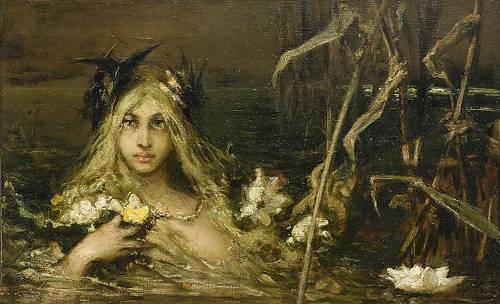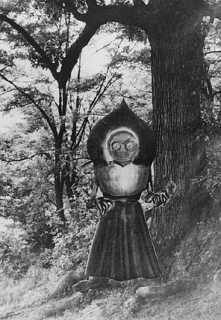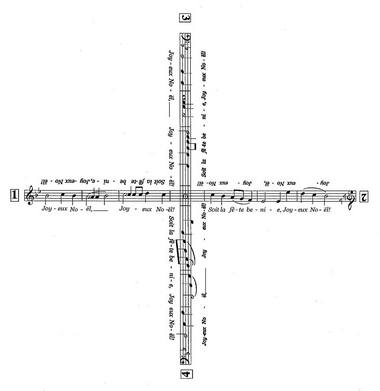
Henry Hudson made this curious journal entry in the Canadian arctic, June 15, 1610:
This morning one of our company looking overboard saw a mermaid; and calling up some of the company to see her, one more came up, and by that time she was come close to the ship’s side, looking earnestly on the men. A little after, a sea came and overturned her. From the navel upward, her back and breasts were like a woman’s, as they say that saw her; her body as big as one of us; her skin very white; and long hair hanging down behind, of colour black. In her going down they saw her tail, which was like the tail of a porpoise, and speckled like a mackerel. Their names that saw her were Thomas Hilles and Robert Rayner.
“Whatever explanation be attempted of this apparition,” wrote Philip Gosse, “the ordinary resource of seal or walrus will not avail here. Seals and walruses must have been as familiar to these polar mariners as cows to a dairy-maid. Unless the whole story was a concerted lie between the two men, reasonless and objectless, — and the worthy old navigator doubtless knew the character of his men, — they must have seen, in the black-haired, white-skinned creature, some form of being as yet unrecognized.”







